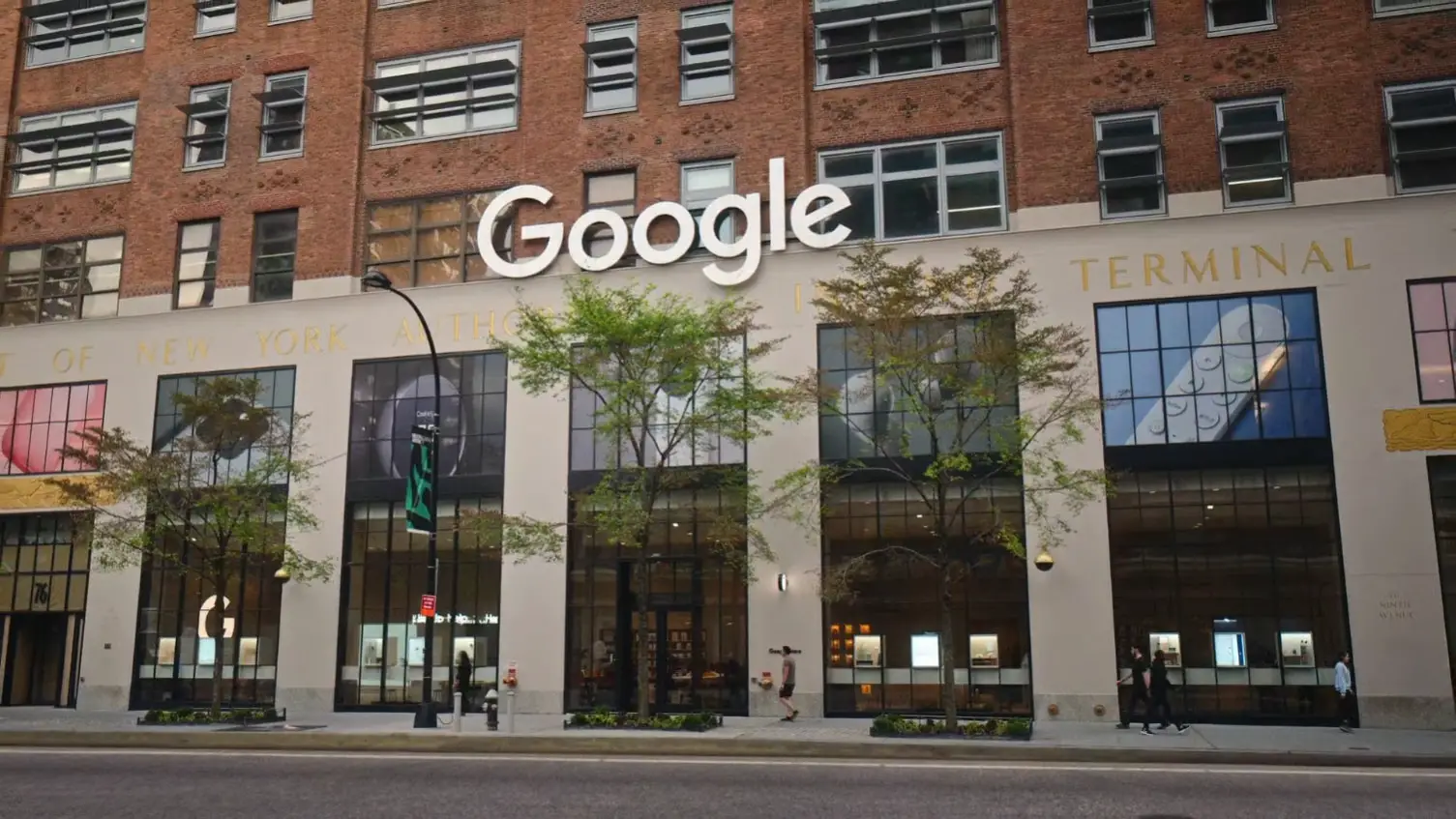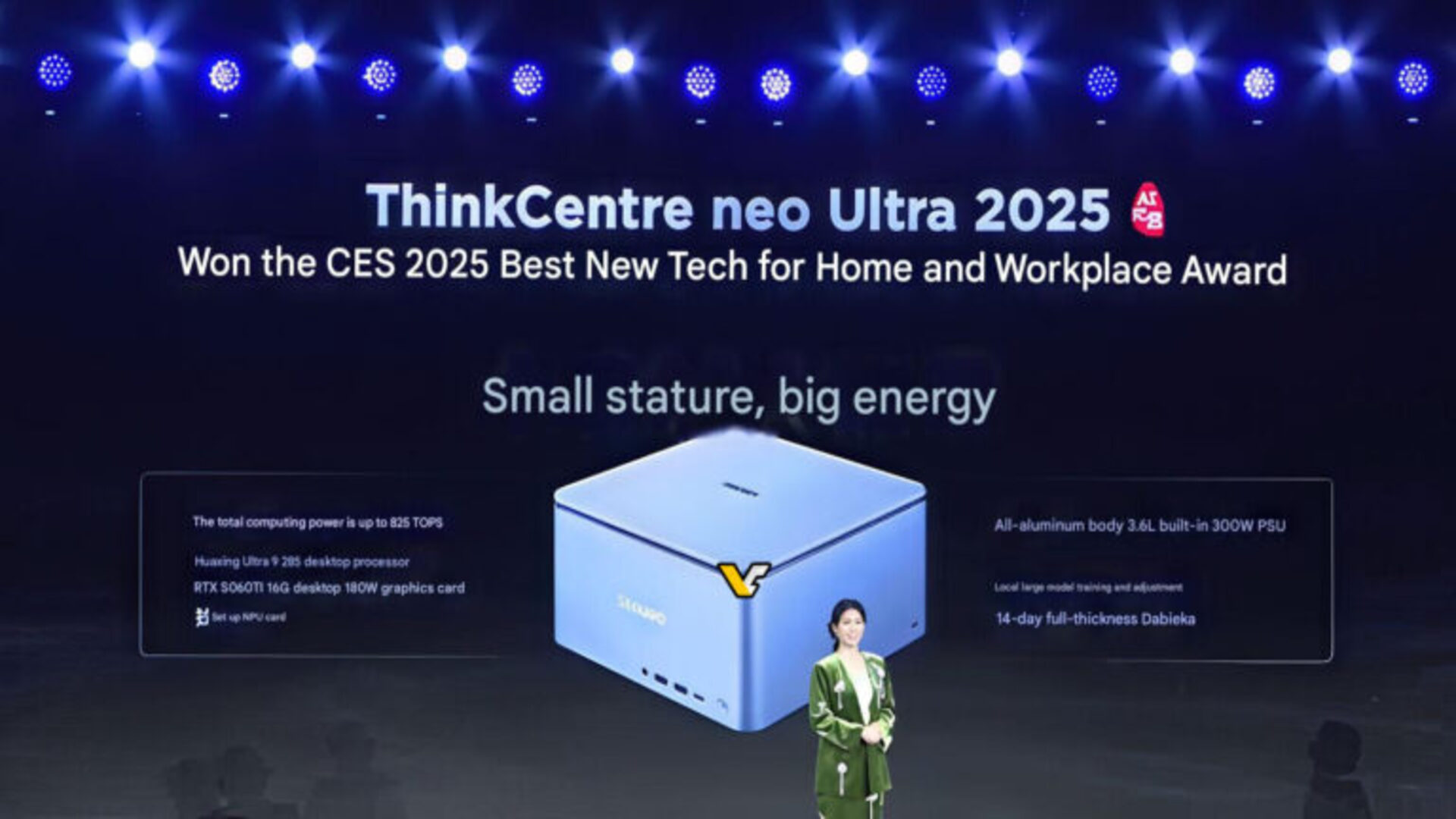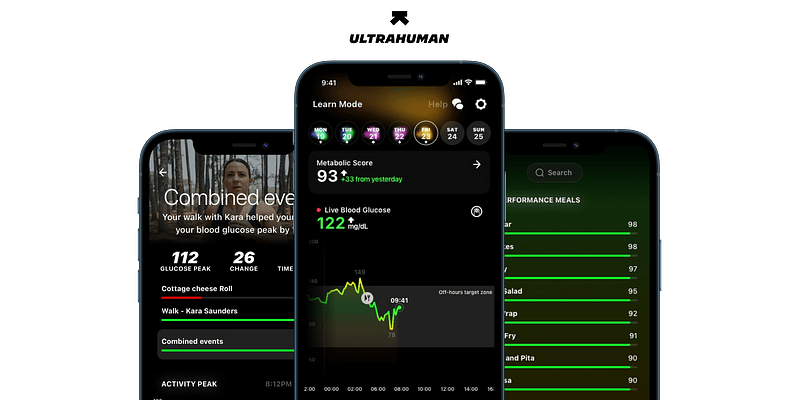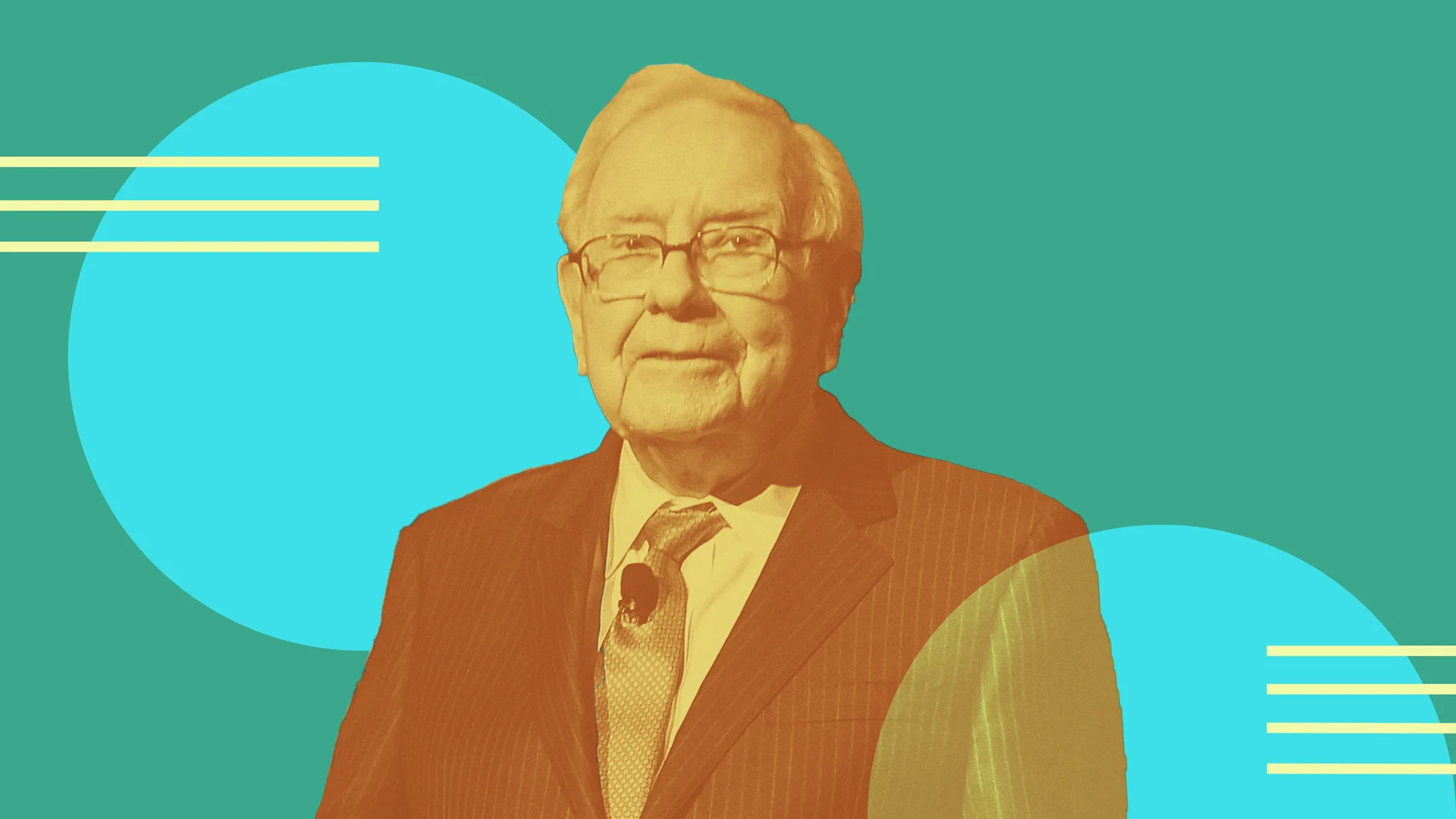"Mind Meets Machine: How AI and VC Are Joining Forces to Transform Mental Health Therapies"
Mind Meets Machine: How AI and VC Are Joining Forces to Transform Mental Health Therapies In recent years, the intersection of artificial intelligence (AI) and venture capital (VC) is forging a revolutionary path in the realm of mental health therapies. This synergy is not only promising technological advancements but is also reshaping how treatments are developed, delivered, and accessed. The AI Revolution in Mental Health AI's application in mental health is expansive, offering tools that range from diagnostic support to therapy delivery. Here's how AI is making a difference: Data-Driven Insights: AI algorithms can analyze vast amounts of data to detect patterns associated with mental health conditions, often before symptoms become clinically apparent. This early intervention potential is crucial for preventing severe outcomes. Personalized Therapy: With AI, therapists can offer more tailored treatment plans. Machine learning models can predict individual responses to therapies, enabling adjustments that increase efficacy. 24/7 Support: AI-driven chatbots and virtual therapists provide continuous support, ensuring patients can access help anytime and anywhere. This can be particularly beneficial for those in remote areas or with limited mobility. The Role of Venture Capital Venture capitalists are increasingly investing in AI-driven mental health startups, recognizing the potential for both profit and societal impact. This influx of funding is critical for: Research and Development: Increased financial resources fuel innovation, driving the development of new technologies and therapeutic approaches. Scalability: VC backing enables promising technologies to scale, making them accessible to a broader audience and increasing their potential impact. Looking Ahead: A Synergistic Future As AI technologies continue to evolve and VC investment grows, there are significant opportunities for transforming mental health care: Improved accessibility and affordability of mental health services. Enhanced effectiveness of treatments through data-driven insights. Broader societal acceptance as these innovations prove their efficacy. In conclusion, the collaboration between AI and VC is not only enhancing current mental health therapies but also paving the way for future innovations. As these forces unite, they hold the promise of a future where mental health care is more precise, accessible, and effective than ever before.
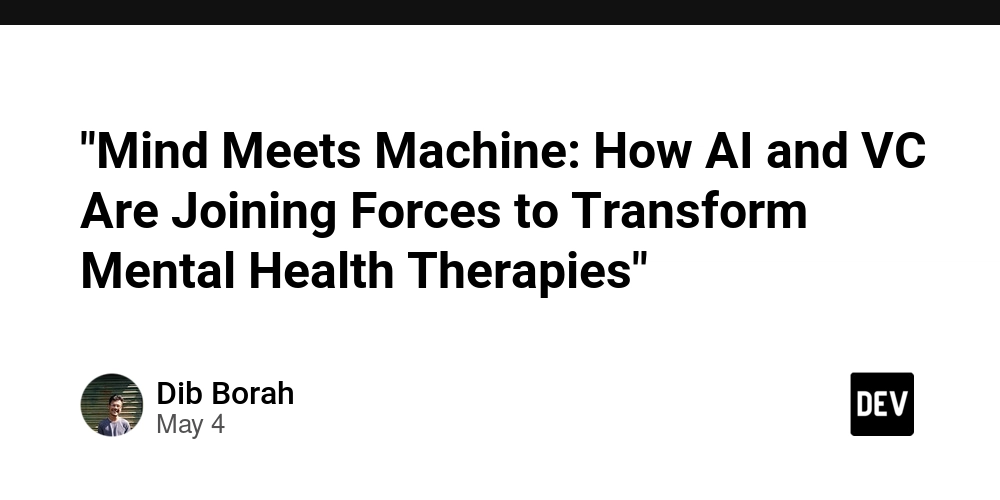
Mind Meets Machine: How AI and VC Are Joining Forces to Transform Mental Health Therapies
In recent years, the intersection of artificial intelligence (AI) and venture capital (VC) is forging a revolutionary path in the realm of mental health therapies. This synergy is not only promising technological advancements but is also reshaping how treatments are developed, delivered, and accessed.
The AI Revolution in Mental Health
AI's application in mental health is expansive, offering tools that range from diagnostic support to therapy delivery. Here's how AI is making a difference:
Data-Driven Insights: AI algorithms can analyze vast amounts of data to detect patterns associated with mental health conditions, often before symptoms become clinically apparent. This early intervention potential is crucial for preventing severe outcomes.
Personalized Therapy: With AI, therapists can offer more tailored treatment plans. Machine learning models can predict individual responses to therapies, enabling adjustments that increase efficacy.
24/7 Support: AI-driven chatbots and virtual therapists provide continuous support, ensuring patients can access help anytime and anywhere. This can be particularly beneficial for those in remote areas or with limited mobility.
The Role of Venture Capital
Venture capitalists are increasingly investing in AI-driven mental health startups, recognizing the potential for both profit and societal impact. This influx of funding is critical for:
Research and Development: Increased financial resources fuel innovation, driving the development of new technologies and therapeutic approaches.
Scalability: VC backing enables promising technologies to scale, making them accessible to a broader audience and increasing their potential impact.
Looking Ahead: A Synergistic Future
As AI technologies continue to evolve and VC investment grows, there are significant opportunities for transforming mental health care:
- Improved accessibility and affordability of mental health services.
- Enhanced effectiveness of treatments through data-driven insights.
- Broader societal acceptance as these innovations prove their efficacy.
In conclusion, the collaboration between AI and VC is not only enhancing current mental health therapies but also paving the way for future innovations. As these forces unite, they hold the promise of a future where mental health care is more precise, accessible, and effective than ever before.





































































































































































![[The AI Show Episode 145]: OpenAI Releases o3 and o4-mini, AI Is Causing “Quiet Layoffs,” Executive Order on Youth AI Education & GPT-4o’s Controversial Update](https://www.marketingaiinstitute.com/hubfs/ep%20145%20cover.png)





























































































































![[DEALS] Microsoft 365: 1-Year Subscription (Family/Up to 6 Users) (23% off) & Other Deals Up To 98% Off – Offers End Soon!](https://www.javacodegeeks.com/wp-content/uploads/2012/12/jcg-logo.jpg)



![From Art School Drop-out to Microsoft Engineer with Shashi Lo [Podcast #170]](https://cdn.hashnode.com/res/hashnode/image/upload/v1746203291209/439bf16b-c820-4fe8-b69e-94d80533b2df.png?#)




















![Re-designing a Git/development workflow with best practices [closed]](https://i.postimg.cc/tRvBYcrt/branching-example.jpg)




















































































(1).jpg?#)





























_Inge_Johnsson-Alamy.jpg?width=1280&auto=webp&quality=80&disable=upscale#)






















































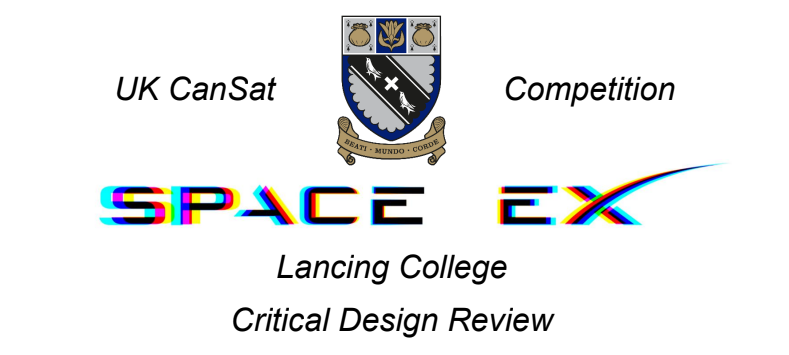





























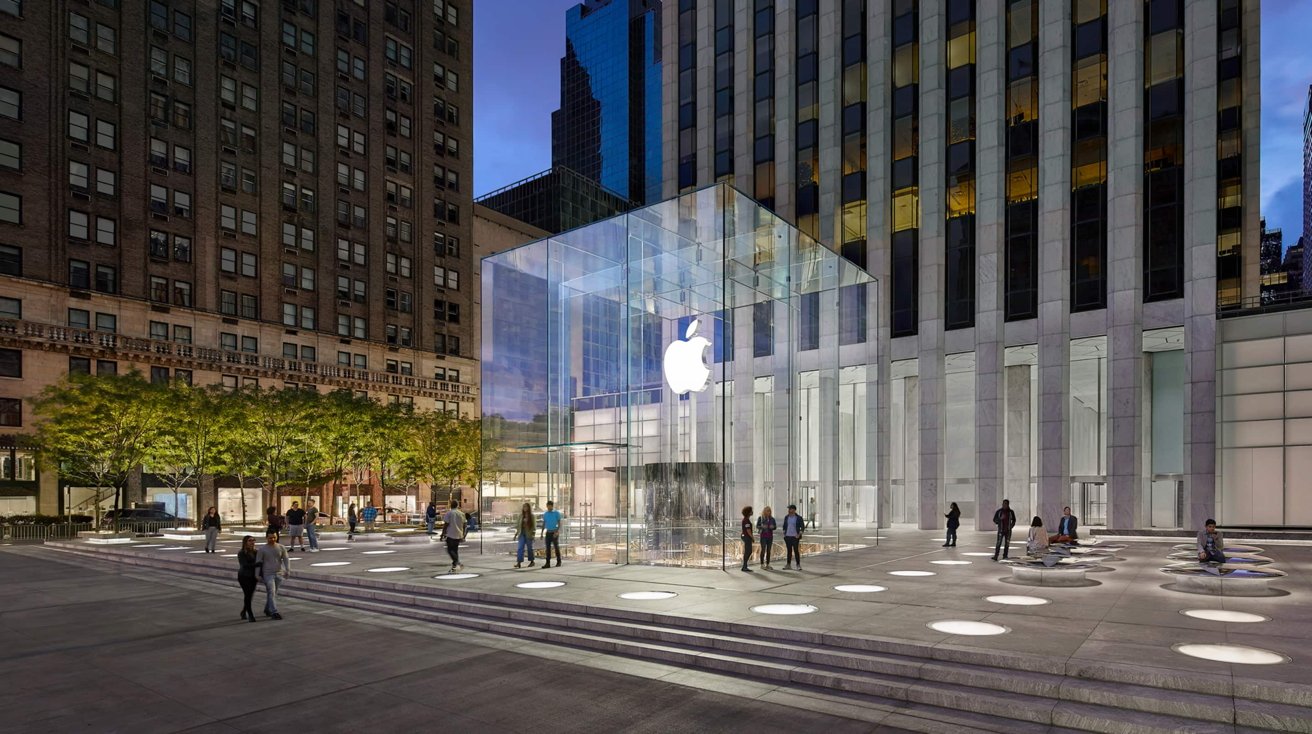










![The Material 3 Expressive redesign of Google Clock leaks out [Gallery]](https://i0.wp.com/9to5google.com/wp-content/uploads/sites/4/2024/03/Google-Clock-v2.jpg?resize=1200%2C628&quality=82&strip=all&ssl=1)
![What Google Messages features are rolling out [May 2025]](https://i0.wp.com/9to5google.com/wp-content/uploads/sites/4/2023/12/google-messages-name-cover.png?resize=1200%2C628&quality=82&strip=all&ssl=1)














![New Apple iPad mini 7 On Sale for $399! [Lowest Price Ever]](https://www.iclarified.com/images/news/96096/96096/96096-640.jpg)
![Apple to Split iPhone Launches Across Fall and Spring in Major Shakeup [Report]](https://www.iclarified.com/images/news/97211/97211/97211-640.jpg)
![Apple to Move Camera to Top Left, Hide Face ID Under Display in iPhone 18 Pro Redesign [Report]](https://www.iclarified.com/images/news/97212/97212/97212-640.jpg)
![Apple Developing Battery Case for iPhone 17 Air Amid Battery Life Concerns [Report]](https://www.iclarified.com/images/news/97208/97208/97208-640.jpg)












